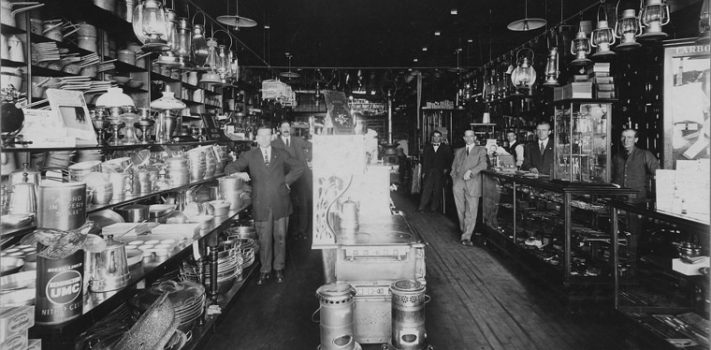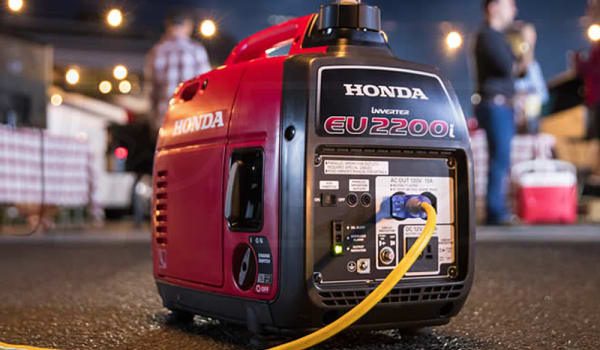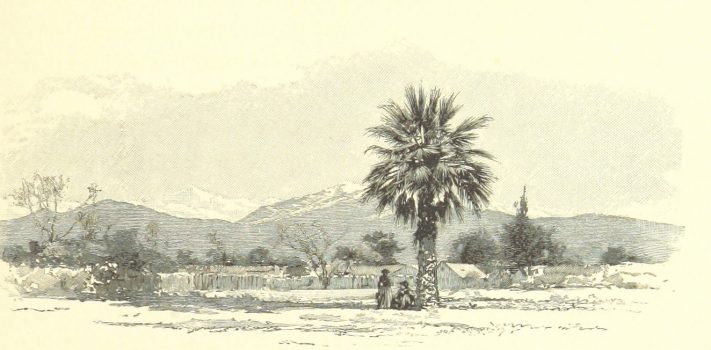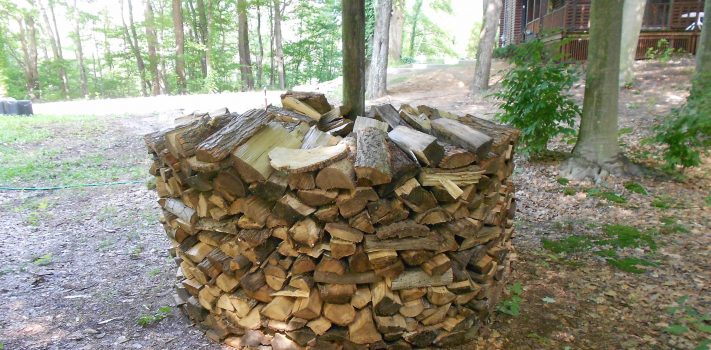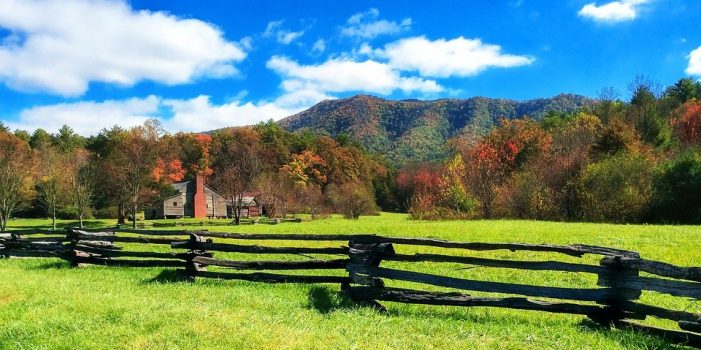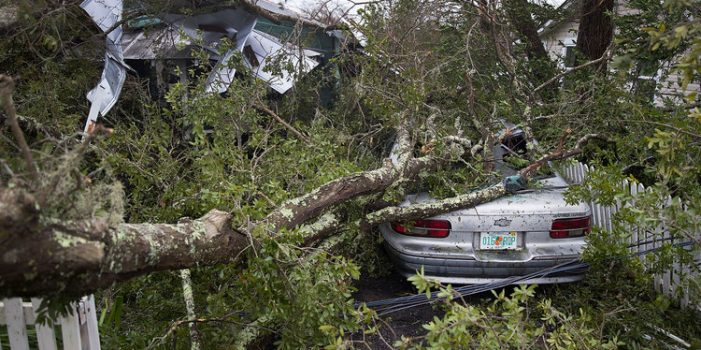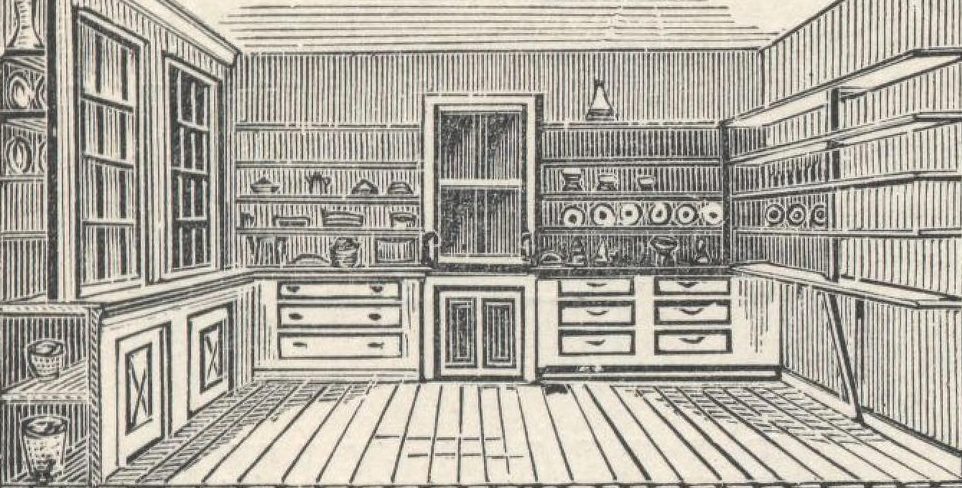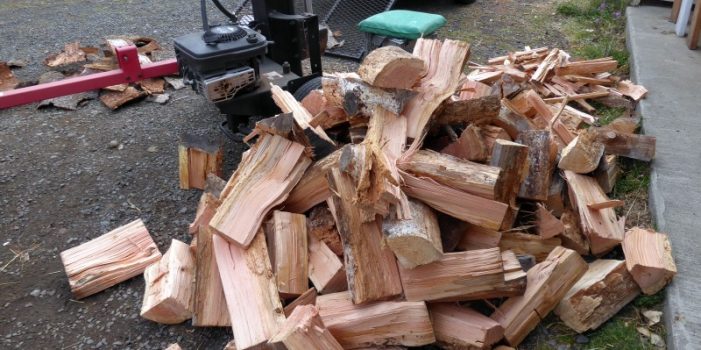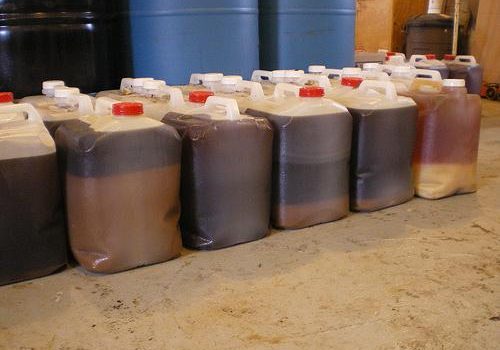Bug-In/Bug-Out Transportation, by WVA
In this articles, I will discuss some considerations for selecting and preparing your Schumer Hits The Fan (SHTF) vehicle. Nearly all post-disaster/prepper/survivalist/etc. novels follow one of two plot lines. The first, our heroes are caught away from home and forced to travel on foot when their vehicle ceases to operate due lack of fuel, mechanical failure, being stolen, etc. The second, our heroes are at/near home and are bugging-in, using the vehicle for short trips until bugging-out when the situation deteriorates. Either of these plot lines show how vital reliable and capable motorized transportation will be when the worse happens. …



